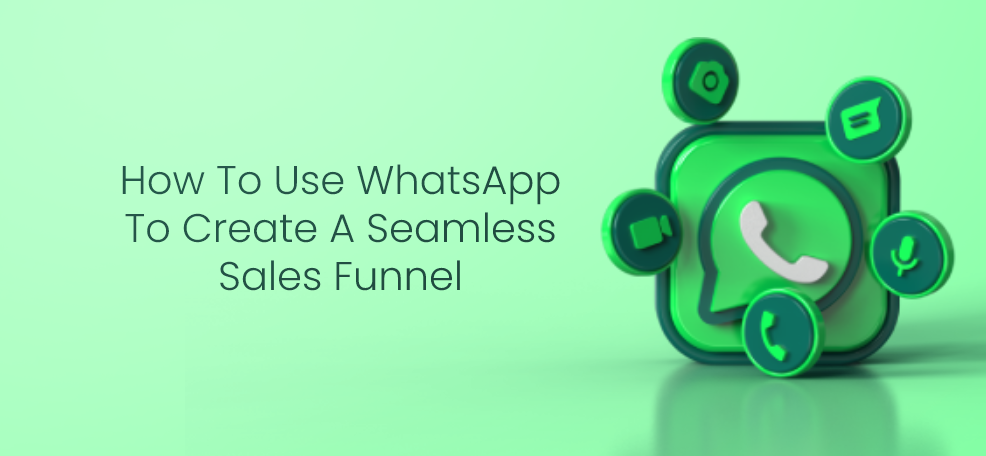The Rise of Generative AI in Education: A Boon for Teachers
In a quest to make education more engaging and effective, teachers like Tim Ballaret are turning to generative AI tools. A high school teacher in south Los Angeles, Ballaret once aspired to be a stockbroker. Today, he’s investing in generative AI to save time on lesson planning, enabling him to spend quality time with family and remain focused at work.
The Advent of MagicSchool and Its Role in Education
Ballaret’s journey began with MagicSchool, a cutting-edge tool designed specifically for K-12 educators. Based on OpenAI’s text generation algorithms, MagicSchool offers a versatile platform that can generate content tailored to students’ interests—think math word problems about Taylor Swift and Minecraft.
The platform proved its mettle when Ballaret used it to draft an entire year’s worth of lesson plans for his new applied science and engineering class. His verdict? “Taking back my summer helped me be more refreshed for a new school year.”

Generative AI: Not Just for Students Anymore
Contrary to the buzz around students’ use of AI for potential cheating, surveys show that teachers are the primary users of generative AI tools. A recent study by Quizlet revealed that a greater percentage of teachers than students are adopting this technology. This trend was confirmed by a Walton Family Foundation survey, which also highlighted that about 70% of Black and Latino teachers are using generative AI on a weekly basis.
The Impact on Teacher Burnout and Staffing Crisis
Amidst a nationwide teacher shortage and rising burnout rates, generative AI offers a glimmer of hope. Services like MagicSchool claim that their tools can significantly ease the workload of teachers. But critics argue that these AI solutions are merely a band-aid for deeper issues like inadequate pay and working conditions. According to a study by Kansas University, while AI might save time, it’s not a solution for the labor market’s structural problems.
AI in Education: A Growing Ecosystem
MagicSchool is just one player in a burgeoning market of AI-powered educational tools. Other contenders like Eduaide and Diffit are also developing their own AI solutions for educators. These platforms offer an array of features, from creating worksheets and tests to providing behavioral advisories for students.
Challenges and Ethical Considerations
However, this rapid adoption comes with its set of challenges. While AI tools have shown immense promise, they are not without their limitations and potential biases. There are concerns about the quality of content generated, especially when it is aimed at diverse and marginalized communities. Schools are advised to keep a “human in the loop” to check for biased or inappropriate content before it reaches the students.
Training and Best Practices for AI in Education
Organizations like the AI Education Project are stepping in to educate teachers about AI’s capabilities and pitfalls. In partnership with industry giants like Google and OpenAI, they have trained more than 7,000 teachers on how to effectively utilize AI in their classrooms. These initiatives aim to equip educators with the knowledge they need to harness the benefits of AI while mitigating its risks.
The Road Ahead: Regulation and Further Study
As generative AI continues to permeate educational settings, calls for regulation and best practices are growing louder. The American Federation of Teachers has already formed a committee to develop guidelines for AI use in classrooms. Researchers and practitioners alike caution that while AI offers numerous advantages, it should not replace human expertise or escape scrutiny.
Conclusion: A New Era for Educations
Generative AI holds the potential to revolutionize education, but its ultimate impact remains to be seen. Will it serve as a valuable aid to overburdened teachers, or will it introduce new complexities and ethical dilemmas? As educators like Tim Ballaret and organizations continue to experiment, we edge closer to answering these pivotal questions.
By understanding the risks and benefits, and by navigating ethical challenges thoughtfully, the education sector could well be on the cusp of an AI-led transformation that brings efficiencies and fresh perspectives to the age-old art of teaching.



